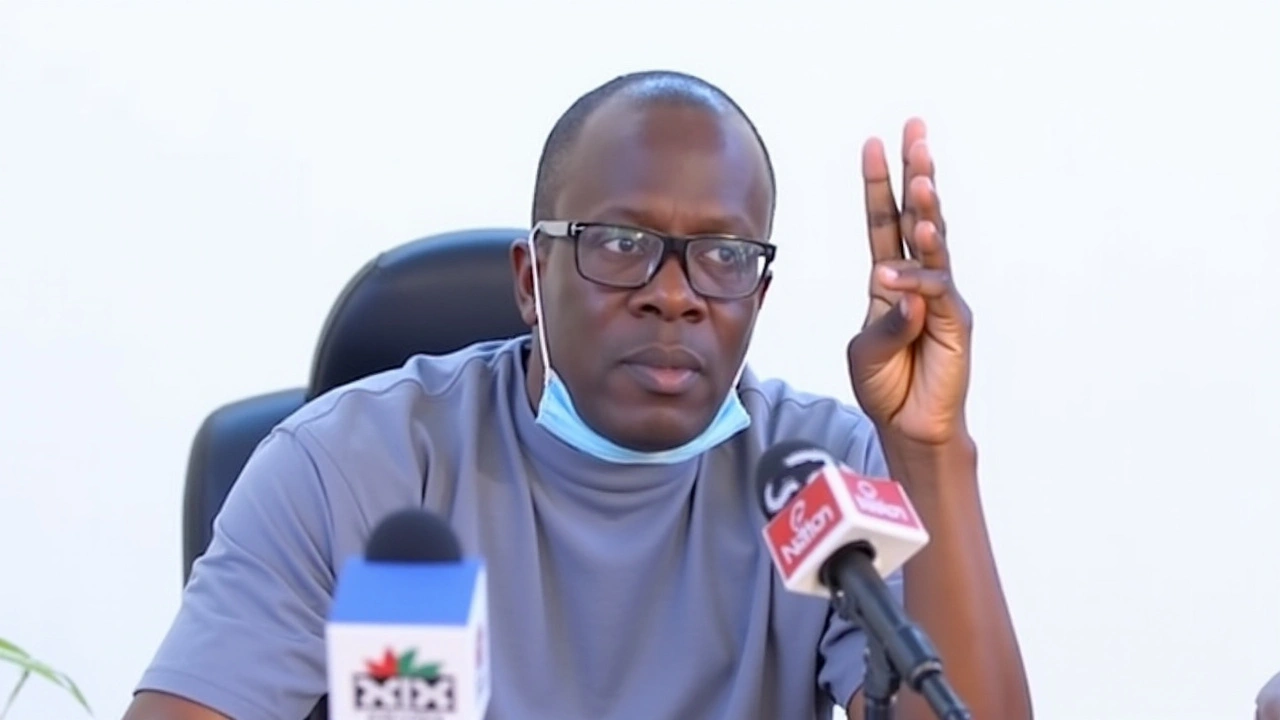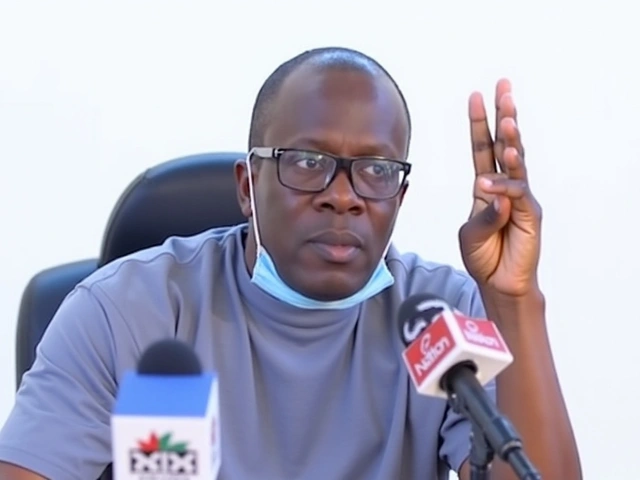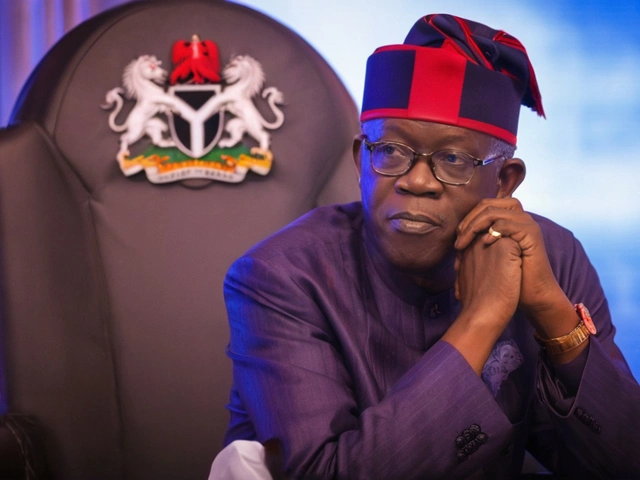ASUU Sets the Stage for a Potential Nationwide Strike
The Academic Staff Union of Universities (ASUU) has once again found itself at odds with the Nigerian federal government, leading to the issuance of a 21-day ultimatum aimed at addressing a variety of long-standing issues. The union, known for its staunch advocacy for better funding and treatment of public universities, has threatened to embark on a nationwide strike if their demands are not met. This latest development has sent ripples across the nation's educational landscape, bringing to the forefront critical discussions on the state of higher education in Nigeria.
The ASUU's grievance is centered around the federal government's failure to release N170 billion allocated in the 2023 budget specifically for the revitalization of public universities. This significant sum was earmarked to address infrastructure deficiencies, improve learning environments, and elevate the overall standard of education to meet global standards. However, the non-release of these funds has severely hindered these efforts, leaving many universities in a dire state.
ASUU's Key Demands and Government's Inaction
Prof. Adelaja Odukoya, the ASUU Coordinator for the Lagos Zone, has emphasized the union's determination to see these issues resolved. According to Odukoya, the need for increased government funding and attention to public universities cannot be overstated. The union has called for a holistic approach to tackling the challenges facing tertiary institutions, which include, but are not limited to, the proliferation of federal and state universities without adequate financial support. This rapid expansion, without corresponding funding, has strained the limited resources available, leading to a decrease in the quality of education provided.
Another pressing concern is the prolonged delay in renegotiating the 2009 Agreement. This agreement, which has been a contentious issue for over a decade, encompasses various aspects such as better working conditions, improved remuneration for academic staff, and ample funding for research. The failure to renegotiate this agreement has left many lecturers feeling undervalued and demoralized, which ultimately impacts their productivity and commitment to teaching and research.
Integrated Payroll and Personnel Information System (IPPIS) Controversy
The use of the Integrated Payroll and Personnel Information System (IPPIS) as a payment platform has also been a significant point of contention. ASUU argues that the IPPIS is fraught with numerous irregularities, ranging from underpayment of salaries to arbitrary deductions. The union has called for the adoption of an alternative payment system that accurately reflects the unique nature of academic staff's work, which often includes additional responsibilities such as research and community service.
Furthermore, the 'No-Work No-Pay' policy has exacerbated tensions between ASUU and the government. During previous strikes, lecturers were left without salaries for extended periods, causing financial hardships and eroding morale. ASUU has condemned this policy, calling it unjust and counterproductive, as it punishes lecturers for exercising their right to protest poor working conditions and inadequate funding.
Call for Action and Stakeholder Support
In light of these unresolved issues, ASUU has urged President Bola Ahmed Tinubu to take immediate and decisive action. The union believes that addressing these concerns is not only crucial for the welfare of academic staff but also for the future of Nigeria's educational system. They have called on the government to engage in sincere and constructive dialogue, with the aim of finding lasting solutions that will benefit all stakeholders involved.
Moreover, ASUU has appealed to various stakeholders to lend their support to their cause. The media, labor movement, student organizations, and civil societies have been urged to join forces with ASUU in advocating for a better public university system. The union believes that a collective effort is necessary to bring about the much-needed reforms in the education sector.
As the 21-day ultimatum looms, the nation holds its breath, hoping for a resolution that will avert another disruptive strike. The stakes are high, and the onus is now on the federal government to respond to ASUU's demands with the urgency and seriousness they deserve. The future of Nigeria's higher education system hangs in the balance, and only time will tell if a mutually beneficial agreement can be reached.
Conclusion
The potential strike by ASUU presents a critical juncture for Nigeria's education sector. The union's demands highlight systemic issues that have long plagued public universities, and their resolution is essential for the advancement of higher education in the country. It is imperative for the government to address these concerns promptly and effectively to prevent further disruption to the academic calendar and to ensure that the nation's universities can fulfill their mandate of providing quality education to students. The call for stakeholder support underscores the importance of a collaborative approach in tackling these challenges, emphasizing that the future of Nigeria's education system requires concerted efforts from all quarters.





Leave a Comments